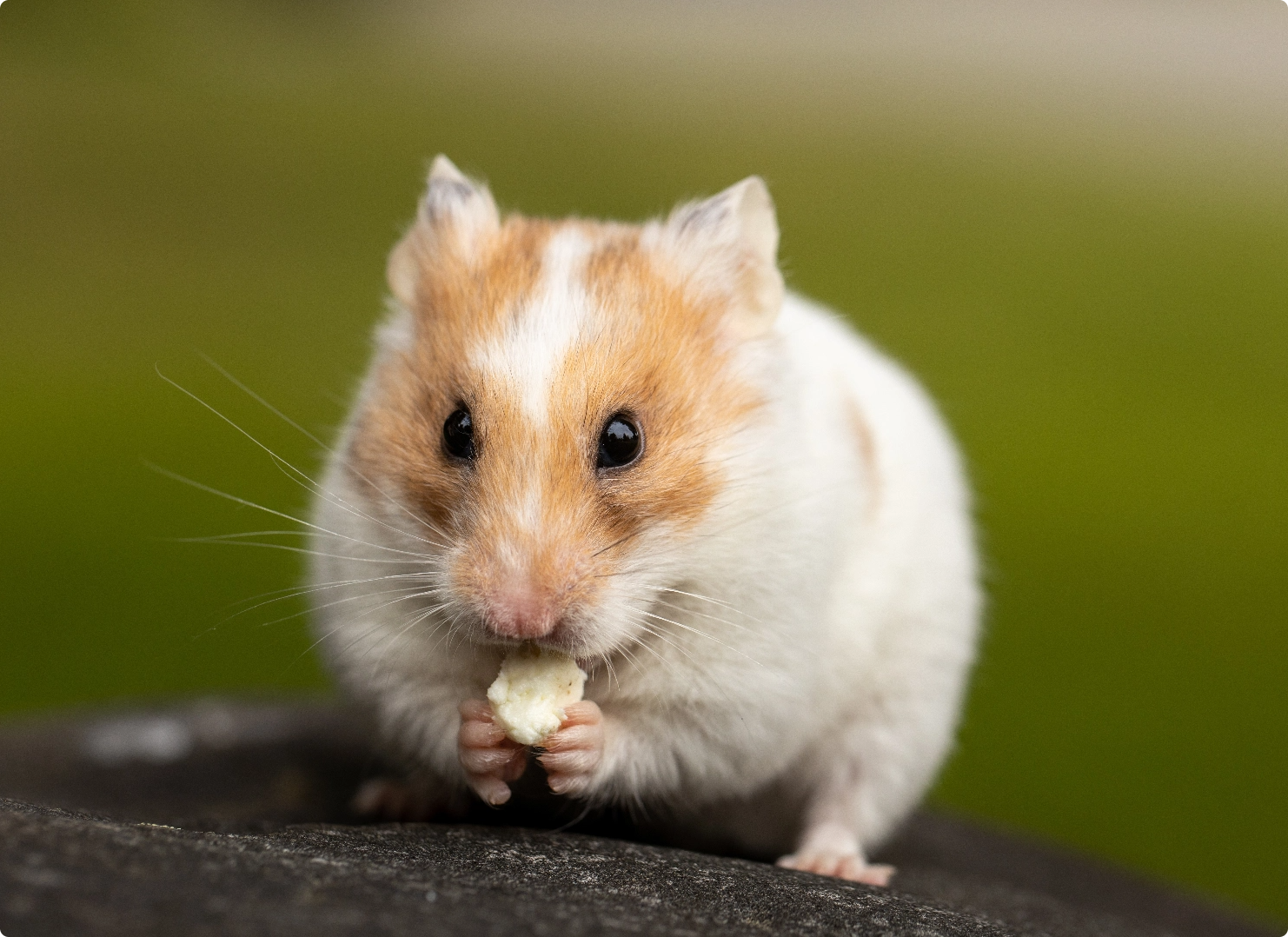
The Complete Guide Of Proper Caring For Your DOG!



The Complete Guide Of Proper Caring For Your Dog!
You can find here all the information you need to provide your cat a healthy, happy life in your ownership.
Background about dog:
Size: XS-XL, from tiny 4-pound tea cup Poodles to 3-feet-tall Irish Wolfhounds Lifespan: 8-16 years, depending on breed type, and genetics Relationship with kids: Children ages 6 & up can share simple pet care duties.
Bedding, Housing, and Behavior:
Your dog needs a warm, quiet place to rest, away from all drafts and off the floor.
A training crate is ideal. You can buy a dog bed, or make one out of a wooden box, place a clean blanket or pillow inside the bed and wash bedding often.
If your dog will be spending a lot of time outdoors, be sure it has access to fresh water, is protected from drafts and inclement weather (rain), and has access to shade in hot weather, and a warm, dry covered shelter when it’s cold.
A well-behaved dog is a joy, teaching your dog the basics (Sit, Stay, Come, Down, Heel, Off and Leave It) will improve your relationship with your dog.
If you have a puppy, start teaching it manners as soon as possible! Use bits of food as a lure and reward, puppies can be enrolled in obedience courses when they have been adequately vaccinated.
Keep your dog on a leash in public, be sure your pet will come to you at all times, a disobedient or aggressive dog is not ready to play with others.
Food and Nutrition:
Puppies 8 to 12 weeks old need 4 meals a day.
Feed puppies 3 to 6 months old 3 meals a day.
Feed puppies 6 months to one year 2 meals a day.
When your dog reaches his first birthday, one or two meals a day are recommended.
For some dogs, including larger breeds or those prone to bloat, it’s better to feed 2 small meals.
Feed your adult pooch a commercial brand of dry food that meets nutritional requirements and provides a well-balanced diet, you can mix that in water or canned food.
Your dog may enjoy small amounts of cottage cheese, cooked egg, fruits and vegetables, but these additions should not total more than 10 percent of it’s daily intake.
Feed your dog the amounts recommended by your veterinarian or the manufacturer to avoid obesity, a common problem in dogs today.
Feed your puppy a commercial brand of puppy food and limit “people food,” because it can cause a variety of problems including very picky eating habits and obesity.
Fresh water should be available at all times, and be sure to wash food/water dishes frequently.
The NO-NO List:
Never give your dog (Alcoholic beverages – Chocolate – Coffee – Grapes, raisins & avocados – Moldy or spoiled food – Onions, garlic & chives – Poultry bones – Salt & salty foods, macadamia nuts – Tomato leaves, stems & unripe fruit – Yeast dough – Human medications unless prescribed by your veterinarian).
Health and Vaccinations:
Your dog should see a veterinarian for a full physical examination every year, at this time it can be determined which vaccines and diagnostic tests are necessary and if your dog is sick or injured, seek help immediately.
Vaccinations:
Dogs should be vaccinated with a vaccine that protects against protects against distemper, hepatitis, parvovirus and parainfluenza.
Puppies should be vaccinated with a distemper combination vaccine beginning at 6-8 weeks and repeated monthly until they are 16-24 weeks, and then once annually.
If you have an unvaccinated dog older than 4 or 5 months, it will need a series of 2 vaccinations given 3 to 4 weeks apart, followed by a yearly vaccination.
Heartworm:
This parasite lives in the heart and is passed to dogs by mosquitoes, although many dogs who are infected with heartworms can appear healthy, heartworm disease can be fatal.
Your dog should have a blood test for heartworm every spring, this is crucial for detecting infections from the previous year.
Fleas and Ticks:
Daily inspections of your dog for fleas and ticks, especially during the warm seasons, are important. Use a flea comb to find and remove fleas.
There are several methods of flea and tick control, the environment must also be treated. Speak to your veterinarian about these options.
Dental Problems:
Bad breath is the most common indicator that your dog is in need of a dental check up, some dogs are prone to periodontal disease, an infection between the tooth and gum.
This serious condition that can result in tooth loss and spread infection to the entire body requires veterinary care.
Internal Parasites:
Make sure your pet is screened annually for internal parasites! Dogs are commonly exposed to worms and other microscopic parasites (even in urban areas).
Some parasites may cause disease in humans so proper screening and treatment are essential for the health of both you and your pet.

Grooming and Proper Handling:
Help keep your dog clean and reduce shedding with frequent brushing.
Most dogs don’t need to be bathed more than a few times a year, before bathing, comb or cut out all mats.
Thoroughly rinse your coat after shampooing and be sure to check and trim your dogs nails periodically.
Handling:
To carry a puppy or small dog, place one hand under the dog’s chest, with your forearm or other hand supporting the hind legs and rump.
Never attempt to lift or grab your puppy or small dog by the forelegs, tail or back of the neck.
If you have to lift a large dog, lift from the underside, supporting his chest with one arm and his rear end with the other.
Exercise:
Exercise burns calories and helps avoid boredom, which can lead to destructive behaviors, supervised fun and games will satisfy your dog’s instinctual needs to dig, herd, chew, retrieve and chase.
Individual exercise needs vary based on breed or breed mix, sex, age and health status, if your dog is a 6- to 18-month adolescent, or if it is an active breed or mixed-breed from the sporting, herding, hound or terrier groups, her requirements will be relatively high.
If your dog is older and has medical problems, a short 10 minute walk may be best, as well as following the recommendations of your veterinarian.
Dog Supply Checklist:
![]() Commercial brand dog food.
Commercial brand dog food.
![]() Food dish and a water bowl.
Food dish and a water bowl.
![]() Toys, toys & more toys, including safe chew toys.
Toys, toys & more toys, including safe chew toys.
![]() Dog bed or box with warm blanket or towel.
Dog bed or box with warm blanket or towel.
![]() Brush & comb for grooming, flea comb, dog toothbrush and nail trimmer.
Brush & comb for grooming, flea comb, dog toothbrush and nail trimmer.
![]() Carrier (for small dogs), collar with license and ID tag, and a leash.
Carrier (for small dogs), collar with license and ID tag, and a leash.






